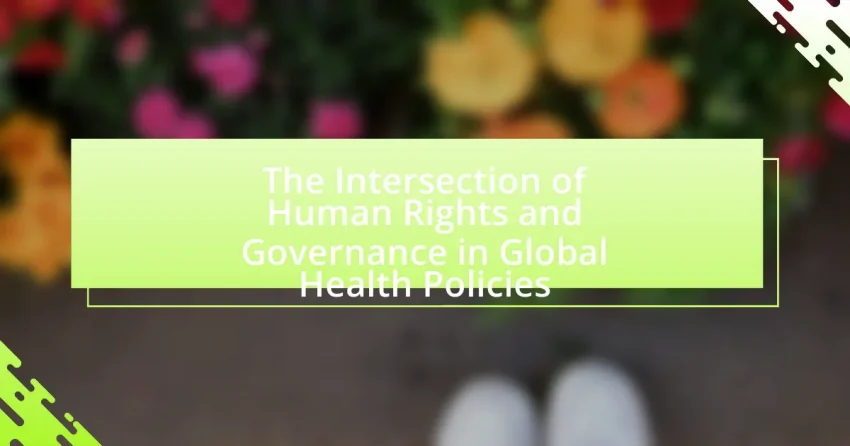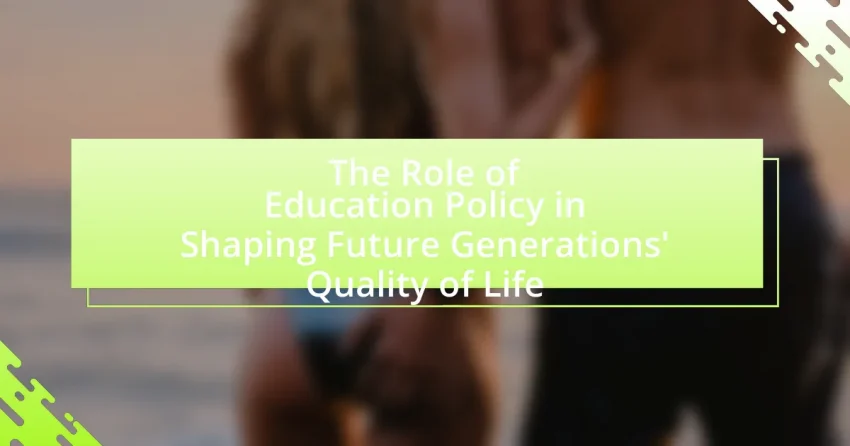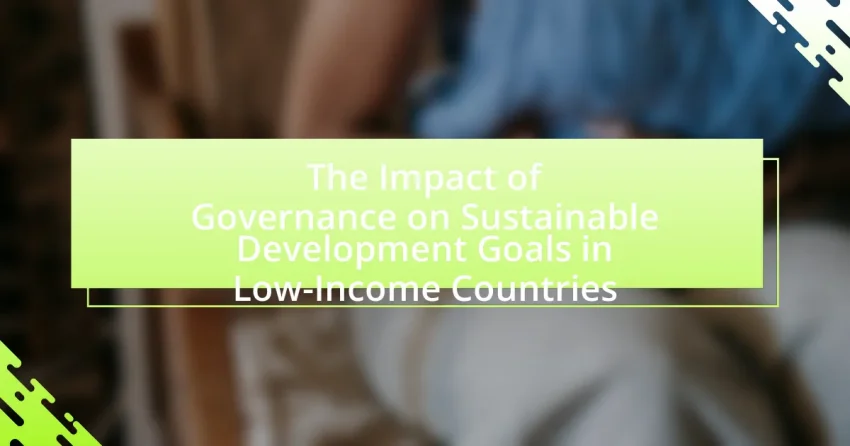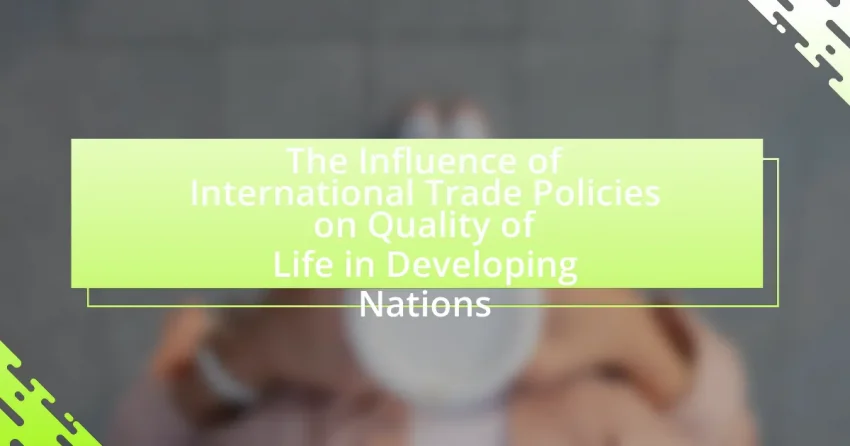The article examines the critical role of technology in governance and its significant impact on quality of life. It highlights how technology enhances transparency, efficiency, and citizen engagement through e-governance initiatives, data analytics, and artificial intelligence. Key technologies such as blockchain and cloud computing are discussed for their contributions to decision-making and service delivery. The…
Governance and Policy
Welcome to the “Governance and Policy” category, where you’ll find a wealth of articles exploring the framework of decision-making that shapes our societies. This category covers crucial topics like public policies, regulatory frameworks, and the roles of different governance structures. Here, we unpack the complexities of governance and break down policies that impact our daily lives.
Whether you’re a student, a professional, or simply curious about how systems work, you’ll discover informative pieces designed to enhance your understanding. Articles will dive into both theoretical aspects and practical applications of governance. You’ll learn about the importance of transparency, accountability, and the various stakeholders involved. Get ready to explore how policies are designed, implemented, and evaluated. Join us in navigating the landscape of governance and policy with clarity and insight.
The Role of International Organizations in Shaping Global Life Quality Standards
International organizations, such as the World Health Organization (WHO) and the United Nations (UN), play a pivotal role in establishing global life quality standards by creating guidelines and frameworks that member states are encouraged to adopt. These organizations influence health, education, and environmental sustainability through research, technical assistance, and international cooperation, leading to improved public…
The Intersection of Human Rights and Governance in Global Health Policies
The article examines the intersection of human rights and governance in global health policies, emphasizing the integration of human rights principles into health systems worldwide. It outlines how human rights influence health governance by establishing frameworks that prioritize equity, access, and accountability. Key human rights principles relevant to health policies, such as non-discrimination and participation,…
The Role of Education Policy in Shaping Future Generations’ Quality of Life
Education policy is a critical factor in determining the quality of life for future generations, as it establishes the frameworks for access to education, curriculum standards, and resource allocation. Effective education policies promote equitable access to quality education, which is linked to improved economic opportunities, health outcomes, and social mobility. The article explores how education…
The Importance of Gender-Inclusive Policies in Enhancing Life Quality Globally
Gender-inclusive policies are essential frameworks aimed at ensuring equal opportunities and rights for individuals of all genders, addressing systemic inequalities and fostering inclusivity. These policies significantly enhance life quality globally by improving access to education, healthcare, and employment, which in turn drives economic growth and social stability. The article explores the impact of gender-inclusive policies…
The Impact of Governance on Sustainable Development Goals in Low-Income Countries
The article examines the critical relationship between governance and the achievement of Sustainable Development Goals (SDGs) in low-income countries. It highlights how effective governance, characterized by transparency, accountability, and citizen participation, significantly influences policy frameworks, resource allocation, and institutional effectiveness, thereby facilitating progress towards SDGs such as poverty reduction, education, and health. The discussion includes…
The Future of International Governance in the Face of Global Crises
The article examines the future of international governance in the context of global crises, emphasizing the necessity for multilateral cooperation and adaptive frameworks. It highlights how crises such as the COVID-19 pandemic and climate change have reshaped governance structures, revealing the limitations of existing frameworks and the importance of collective decision-making. Key challenges include rising…
The Influence of International Trade Policies on Quality of Life in Developing Nations
The article examines the influence of international trade policies on the quality of life in developing nations, highlighting how these policies shape economic growth, employment opportunities, and access to essential goods and services. It discusses the positive impacts of trade agreements and liberalization, such as increased GDP and job creation, while also addressing the challenges…
The Effect of Corruption on Life Quality: A Global Perspective
The article examines the detrimental effects of corruption on life quality from a global perspective. It highlights how corruption undermines public services, exacerbates inequality, and erodes trust in institutions, leading to poorer health outcomes and lower educational attainment. The discussion includes the psychological impacts of corruption on citizens, regional variations in corruption levels, and the…
Strategies for Effective Public Participation in International Policy-Making
The article focuses on strategies for effective public participation in international policy-making, emphasizing the importance of transparency, inclusivity, and technology in engaging stakeholders. Key strategies include structured consultations, transparent communication, and the use of digital tools to facilitate broader engagement. The article also explores methods for identifying relevant stakeholders, the influence of engagement on policy…









